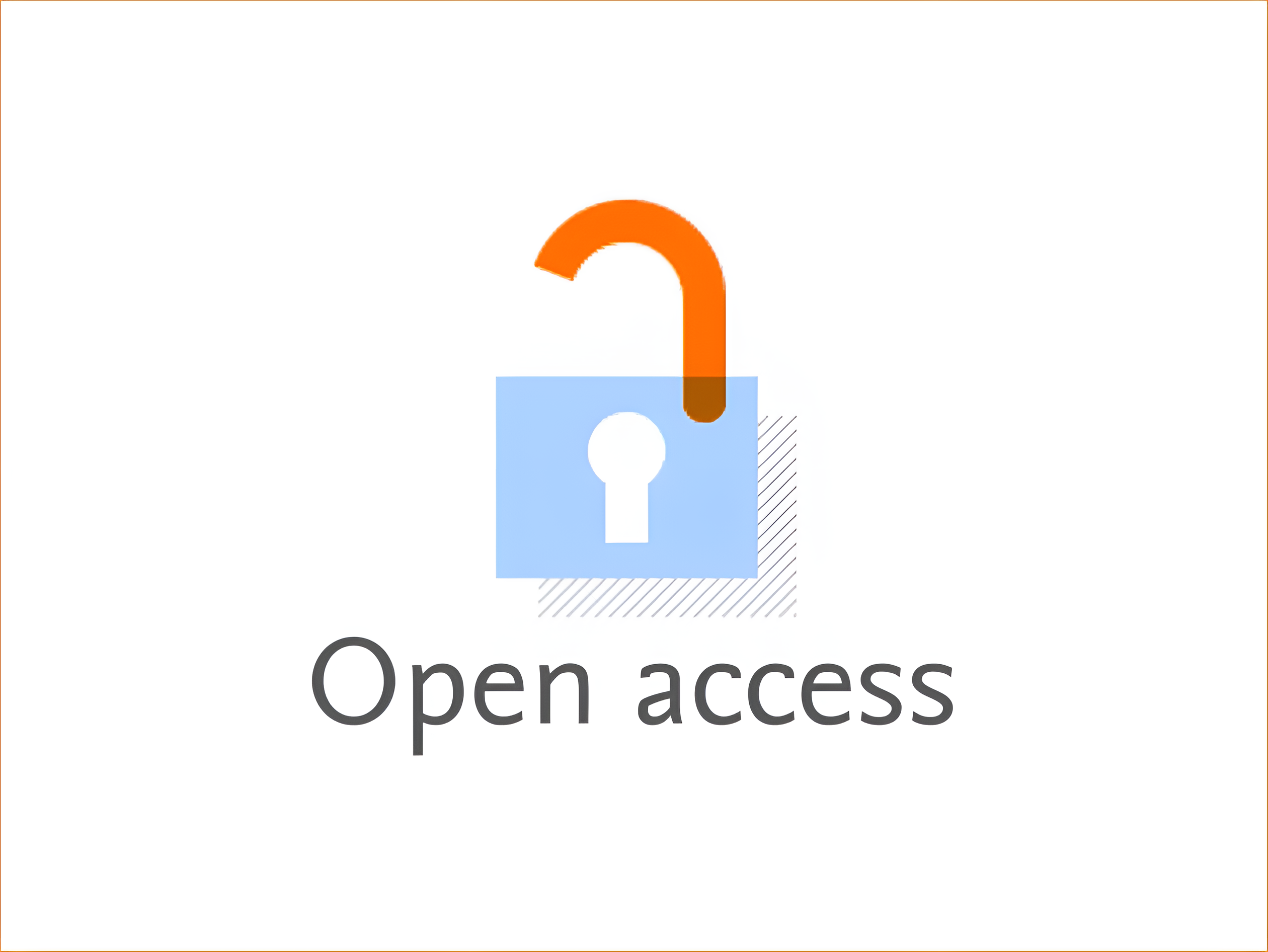TAKING A FRESH LOOK AT INTERNET SKILLS: THE IMPORTANCE OF GENDER, AGE, EDUCATION, INTERNET EXPERIENCE, AND NUMBER OF HOURS SPENT ONLINE IN RELATION TO MEDIUM- AND CONTENT-RELATED INTERNET ABILITIES IS BEING RECONSIDERED
Abstract
The purpose of this research is to examine how demographic factors including age, education level, time spent online, and internet expertise vary by medium and content. With the internet's growing role in people's everyday lives and the rate at which technology is advancing, it's important to learn what influences people's familiarity with and comfort using the internet. The results show that there are significant disparities across demographic variables such as gender, age, educational levels, internet experience, time spent online, and proficiency across different mediums and content types. The previous skill framework of operational, formal, information, and strategic abilities was expanded with the addition of communication Internet skills thanks to this research. They looked at the ways in which individuals cope with having insufficient skill levels by identifying different types of assistance. In addition, they studied whether Internet skills are genuinely important for achieving positive outcomes related to the use of the internet, as well as whether the use of support sources might attenuate the benefits of these abilities. Three distinct support patterns were identified because of the findings of a large-scale survey: independent voters, social support seekers, and formal aid seekers. The newly gained communication skills appear to be a significant addition as they have an influential effect on productive Internet usage. This makes them a valuable addition. Independent Internet users reaped the benefits of using the Internet to a greater extent than those who sought institutional assistance, and much more than those who sought social support. Online messaging skills can compensate for a lack of knowledge skills, allowing users to get positive results from their time spent online. This would allow users to gain a considerable amount of autonomy while using the Internet.






